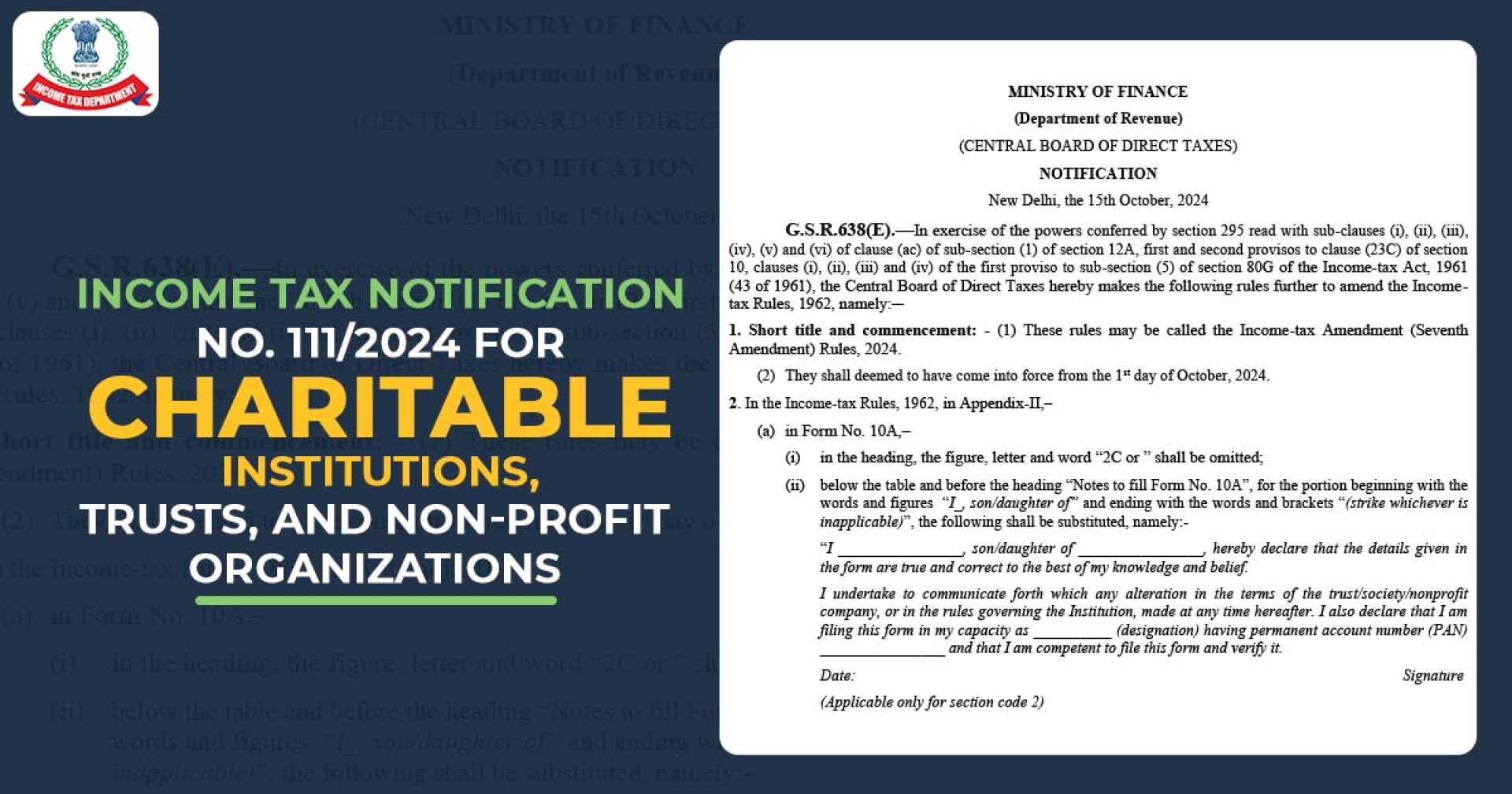Business
Rajasthan’s Tax Authority Clarifies GST on Overseas Corporate Guarantees

The Rajasthan Authority for Advance Ruling (RAAR) has delivered a significant ruling concerning the Goods and Services Tax (GST) on corporate guarantees issued by overseas related entities. According to RAAR, GST must be paid in full at the time of the guarantee’s issuance and not periodically. This decision is based on the understanding that the guarantee is valid for a specified period without requiring renewal until the loan contract with a bank or financial institution is settled.
RAAR referred to section 13(3) of the GST rules to determine the time of supply for such guarantees. The ruling clarifies that if no consideration is charged for the corporate guarantee by the providing entity, which is the overseas related party in question, the time of supply will coincide with the entry date in the books of accounts of the Indian subsidiary. Consequently, the GST liability should be discharged in one payment based on a reverse charge mechanism (RCM).
Harpreet Singh, Partner (Indirect Taxes) at Deloitte, noted, “This ruling aligns with the earlier circular but poses a challenge for businesses. They must pay the full tax upfront for the guarantee’s duration. For example, for a five-year guarantee, a valuation rule mandates a 5 percent total tax at one time.” He pointed out further complexities arise if a guarantee is withdrawn prematurely.
The GST Council, on October 7, 2023, determined that 18 percent GST applies to corporate guarantees between a parent company and its subsidiary for bank loans. The Central Board of Indirect Taxes and Customs (CBIC) later clarified that the supply value for such services, provided to a related entity by way of a corporate guarantee, is deemed as 1 percent of the guarantee amount or the actual consideration, whichever is higher. For instance, a ₹100 crore corporate guarantee would entail an 18 lakhs GST payment.
Importantly, this clarification is effective prospectively and does not impact transactions prior to October 26, 2023, thereby mitigating retrospective tax risk. “There are no GST implications if a director issues a personal guarantee to a company under the framework outlined by the GST Council,” further stated the Council’s communication post the October meeting.












